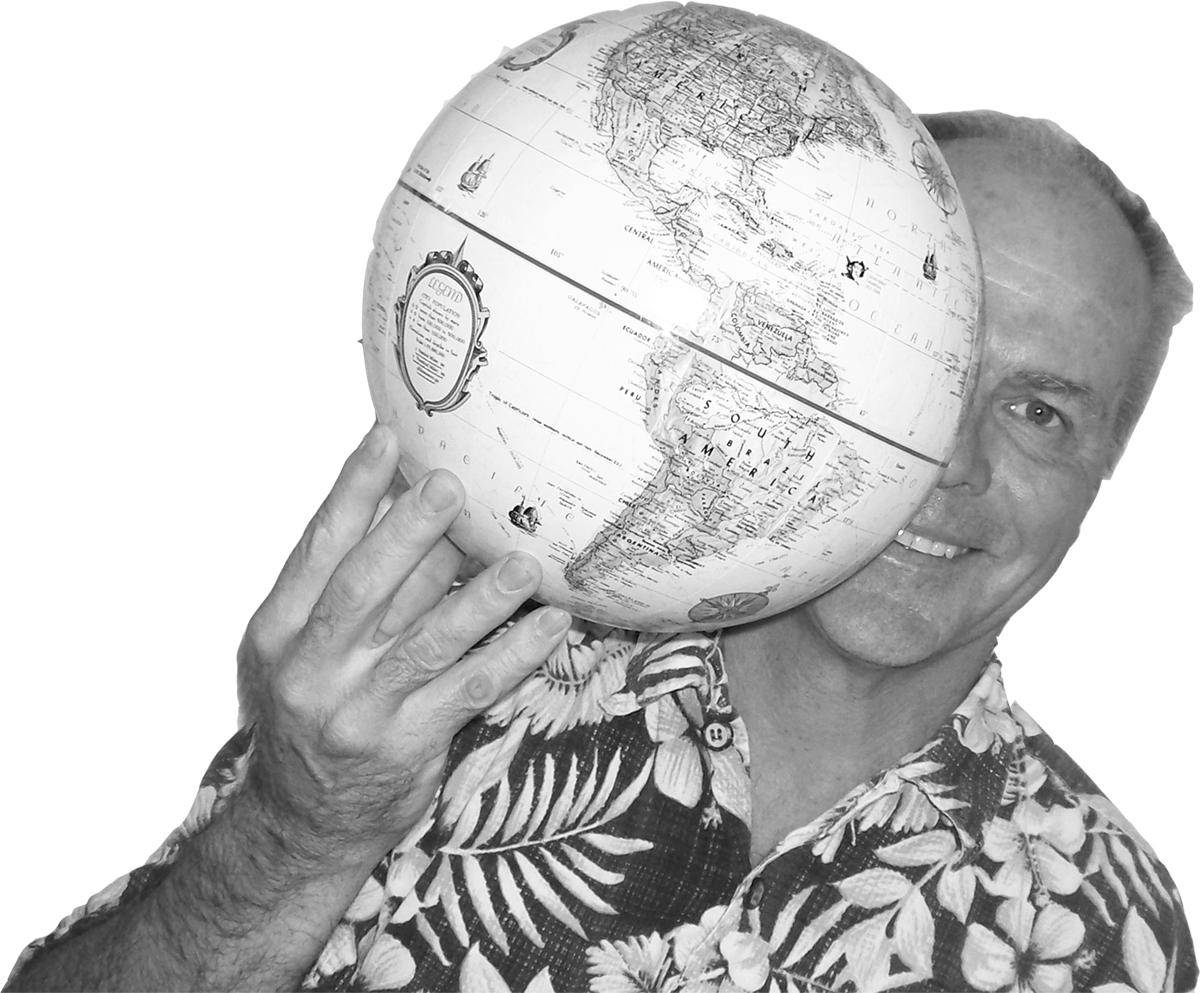As a retired high school English teacher who taught the classic Ray Bradbury novel “Fahrenheit 451” several times, I cringe every time I read of efforts to ban books in our present-day America.
And the news has been pretty cringe-worthy lately.

All over America, most notably in Texas and Florida, over-zealous authoritarian governors have passed state laws banning books not only from classroom curricula, but also from school libraries. While these laws are framed as being responsive to a parent’s right to have a say in what their child reads in school, in fact the laws give restrictive powers to a small handful of small-minded parents, elbowing aside the rights of all other parents who want open-minded books on school bookshelves for their children to experience.
The American Library Association (ALA) notes that last year, nearly 1,600 books—the most in the 20 years they have kept records—have been targeted for bans by more than 50 conservative groups. In most cases, the request for the ban was made by parents who hadn’t read the book, but who had Google-searched terms like LGBTQ in any book published.
In other words, it’s not an objectionable book being banned. It’s the freedom to express any thought that some narrow-minded adult might find objectionable.
Welcome to “Fahrenheit 451.”
But hypocrisy is a sword that cuts two ways, because what right do I have to criticize book banners who haven’t read the book, if I haven’t read the book either?
The book at the very top of the banning list is “Gender Queer,” by Maia Kobabe, a graphic memoir novel. (“Graphic” in this sense means a novel with drawings like a comic strip, not “graphic” in the sense of excessive obscene detail.) I ordered it on my Kindle and knocked it out within an hour or so.
The book begins innocently enough, with young Maia as a child wondering why boys can go to the beach without a shirt on, while girls must cover up. Later, as a pre-teen, she wonders, “Why are girls supposed to shave their legs but boys don’t have to?” She chooses not to.
She wonders, as any child does, what it would be like to wear the body of the other gender. What would it feel like to have a penis? Do boys ever wonder what it would feel like to have a vagina?
The mere mention of those anatomical words in a book for children might cause some parents to cringe, but let’s be serious — if you never used those words while raising your sons and daughters (probably in response to their questions before they even got to kindergarten) then your kids need these books in their school library more than ever.
Sometimes she fantasizes that she is identical twins, one male and one female, each of them one half of her, because she wants to be both—and neither. “I don’t want to be a girl,” she says. “I don’t want to be a boy either. I just want to be myself.”
And this is a key understanding of the book, because the fevered imagination of many book banners conjures up images of rampant, explicit gay adolescent sex. But this is not a book about sexual intercourse in any way — in fact, Maia remains a virgin and is still unkissed by either boy or girl until she is 25.
Does that sound like a lifestyle that threatens to corrupt your children?
In college, she meets a female classmate who wants to have a relationship with her, and Maia asks her what “relationship” means to her.
“Companionship,” her classmate says. “Texting when you are apart, holding hands when you are together. Having each other’s back. Plus that magical knowledge that you are the most special person to your partner.”
Does that sound corrupting to your children?
But the classmate adds: “And maybe being physically intimate.” Maia declines the offer to have a relationship, because, at 21, she is not yet ready for sex with anyone, male or female.
Realizing that she is different from pretty much everyone around her, male and female, she begins to learn about confusing terms like agender, bigender, cisgender, pangender, non-binary. She is as baffled about them as you and I are, but over time she begins to learn about them all, and about the maddening jumble of pronouns that come along with them.
She gradually comes to define herself as nonbinary, and she imagines her life as a giant scale, with things assigned to her at birth on one side of the scale (female body parts), balanced by contrary things she chooses to place on the other side (clothes, hair.) Her goal is to get them to weigh the same.
Although there are brief references to sexual activities such as masturbation and oral sex that might make some parents cringe, Maia’s engagement in those activities is either entirely nonexistent or far less than any average young person of either gender. In that regard, this book could be seen as a positive force in teaching young people how to be themselves and to reject the forces of peer pressure all around them.
At the end, Maia creates a metaphor that sums up her life:
“Some people are born in the mountains, while others are born by the sea. Some people are happy to live in the place they were born, while others must make a journey to reach the climate in which they can flourish and grow. Between the ocean and the sea is a wild forest. That is where I want to make my home.”
My recommendation after visiting the apex of the most-banned list: If this book isn’t in your kids’ school library, give it to them for Christmas.
Then start reading all the other banned books yourself.
TR Kerth is the author of the book “Revenge of the Sardines.” Contact him at trkerth@yahoo.com.




